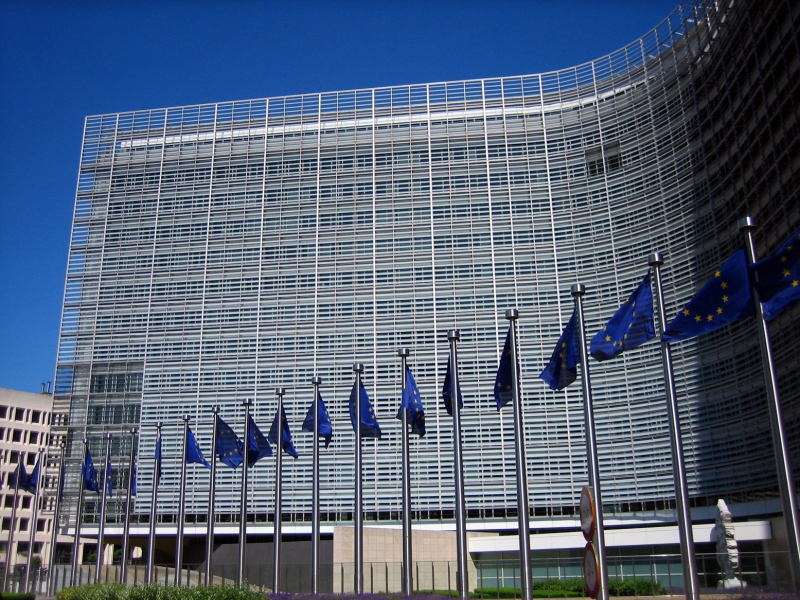Europa Nostra participated in consultation on the revision of EC’s impact assessment guidelines
Europa Nostra took part in – and actively encouraged its vast network of members to participate in – the public consultation on the revision of the European Commission’s Impact Assessment Guidelines hold by the EC from July to September 2014. In response to it, the organisation advocates that culture and heritage ought to be integral parts of European impact assessment procedure, not only with regard to social impact but also with regard to economic and environmental impact.
The European Commission employs a wide set of smart regulation tools covering the full policy-cycle. Impact assessment is one such tool, operating at the early stage of the cycle, when new proposals are being developed. The Commission’s impact assessment system was first established in 2002 and is performed for all proposals likely to have significant direct impacts. The 2009 guidelines are being reviewed this year and Europa Nostra has contributed to this important revision.
An efficient impact assessment system taking into account the protection and promotion of Europe’s cultural and natural heritage, which is relevant not only socially but also environmentally and economically, has to be encouraged. Such an integrated approach is strongly supported by Europa Nostra which pleads for the importance of mainstreaming heritage in various EU policies.
The Conclusions on cultural heritage as a strategic resource for a sustainable Europe adopted by the Council of the European Union on 21 May 2014 recognise that cultural heritage is “a major asset for Europe and an important component of the European project.” Cultural heritage is recognised “as a non-renewable resource that is unique, non-replaceable or non interchangeable” and “is currently confronted with important challenges related to cultural, environmental, social, economic and technological transformations that affect all aspects of contemporary life”. The Conclusions emphasise that cultural heritage plays an important role in creating and enhancing social capital, as well as having an important economic impact and playing a specific role in achieving the Europe 2020 strategy goals for a smart, sustainable and inclusive growth.
The Communication “Towards an integrated approach to cultural heritage for Europe” published by the European Commission on 22 July 2014 stresses that cultural heritage is a key source of social innovation for smart, sustainable and inclusive development and a catalyst for creativity and growth. The European Commission recognises the role of heritage in many different EU policies, such as regional development or the external relations.
Therefore, culture and heritage ought to be integral parts of European impact assessment procedure, not only with regard to social impact but also with regard to economic and environmental impact.
Regarding environmental policies, the inclusion of cultural heritage in two directives – Environmental Impact Assessment (EIA) and Strategic Environmental Assessment (SEA) – should mean that cultural heritage is becoming better recognised as an important aspect of sustainable development and environment protection. However, several studies suggest that cultural heritage has until now received a relatively low status as a factor in the EIA and that cultural heritage issues seemed to play a minor role in the decision to undertake an EIA. Therefore, there is a need to act at a European level to ensure a better understanding of both the positive and negative effects of future development projects on cultural and natural heritage in the EIA procedure.
You can read the complete response to this public consultation submitted by Europa Nostra here.







